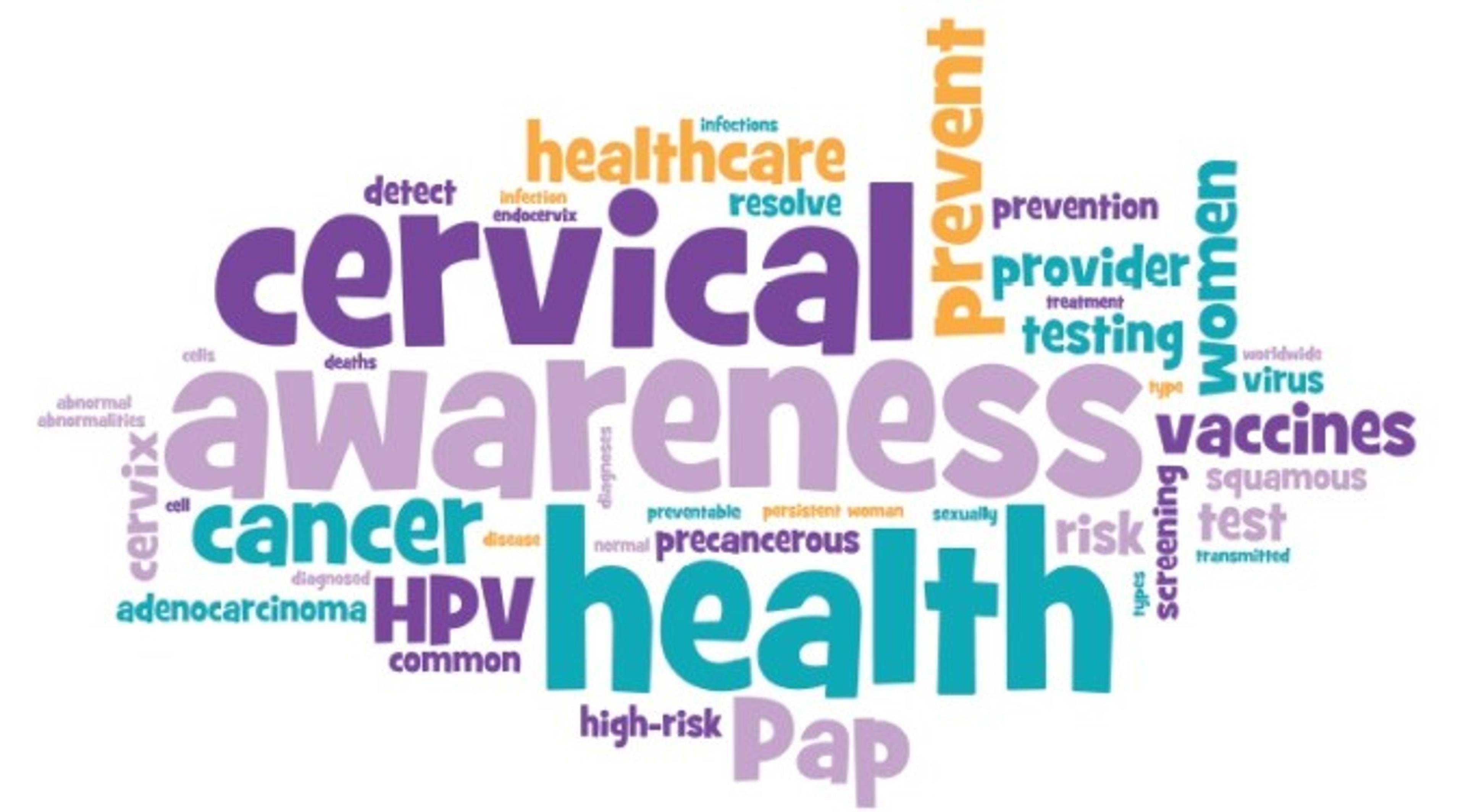Half of the women diagnosed with cervical cancer have missed this exam. Did you schedule yours?

Niccole LaDue
| 2 min read

This blog post is part of #HealthyMe, a personalized web experience based on your health and wellness goals. To sign up today, visit http://www.ahealthiermichigan.org/healthyme
Ladies, this one’s for you. I know going to see your doctor for a pelvic exam can be annoying, uncomfortable, and just plain awkward, but it may save your life! That’s because regular pelvic exams are the best way to detect cervical cancer, which is one of the most preventable cancers.
According to the National Cervical Cancer Coalition, approximately 12,000 women are diagnosed with cervical cancer in the United States. In addition, 50 percent of women diagnosed with cervical cancer have NEVER had a pap test. January is National Cervical Health Awareness Month, which means it’s a great time to talk to your mother, sister, daughter and girlfriends about cervical health.
Regular cervical screenings can detect abnormal changes in the cells of the cervix long before cervical cancer develops, but what causes the changes? In most cases the human papillomavirus, more commonly known as HPV, causes these abnormalities, which can then lead to cervical cancer. HPV is actually the name given to a group of viruses (over 100 different kinds) that infect the skin.
Here’s the really shocking part – it is estimated that about 70 percent of women AND men will come in contact with some form of HPV. Fortunately, in 80-90 percent of cases the virus will be eliminated naturally. Getting regular pelvic exams can detect the changes that HPV can cause so proper treatment can begin.
Protecting yourself against HPV is one the best ways to prevent cervical cancer. The HPV vaccine is available for young men and women and protects against HPV infection. Also, using condoms correctly during every sexual encounter can reduce the risk of HPV infection by 70 percent.
There are different screening methods that your doctor may suggest depending on your age. The Pap test, also known as the Pap smear, is used to make sure there are no abnormal or precancerous cells in the cervix. HPV tests can detect high-risk types of HPV and are typically performed in combination with a pap test in women 30 years and older.
Cervical health is an extremely important part of your overall health and well-being as a woman. It’s important to know what can cause cervical cancer and how HPV can be contracted. There are many myths out there and you want to be sure you are getting the facts. To learn more about HPV and cervical cancer prevention visit the National Cervical Cancer Coalition or the American Cancer Society.
Photo credit: National Cervical Cancer Coalition





